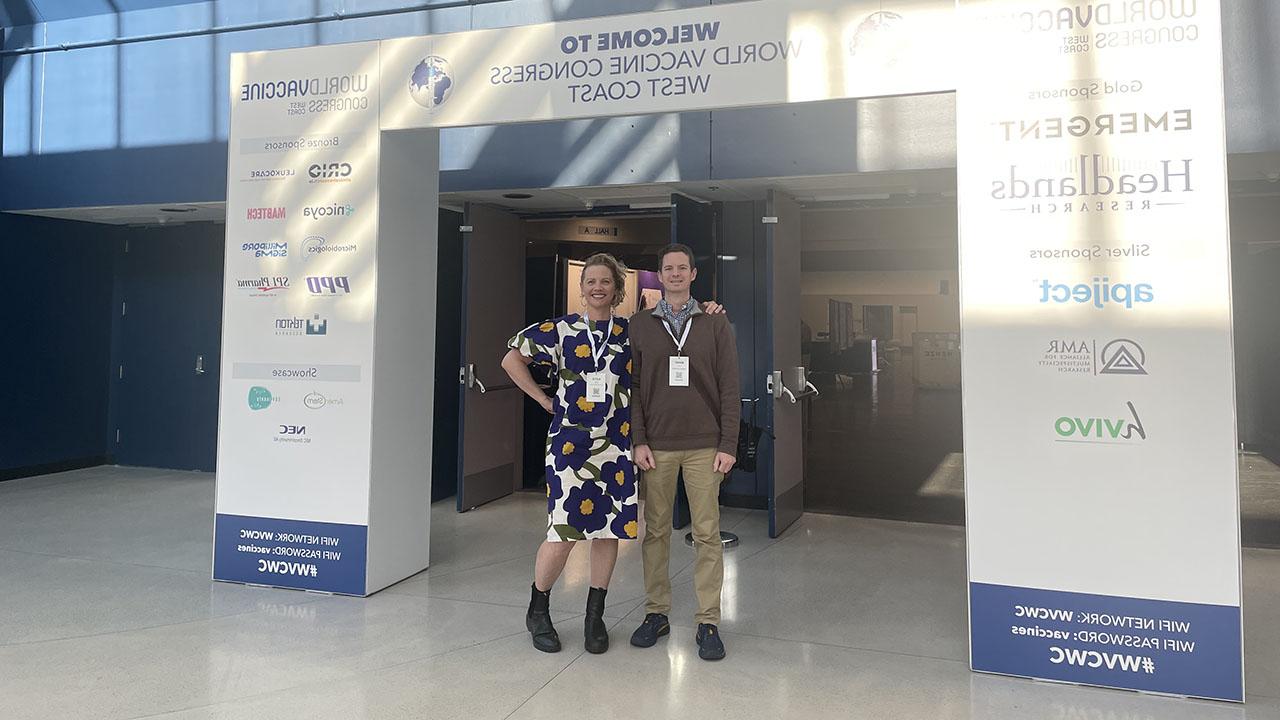OU philosophy professor among experts featured at World Vaccine Congress

Mark Navin, professor and chair of Oakland University’s Department of Philosophy, took part in the World Vaccine Congress West Coast, a gathering of key stakeholders and experts in fields related to infectious disease vaccines and immunotherapy. The event took place November 27-30 in Santa Clara, California, drawing more than 1,000 attendees.
Dr. Navin spoke on the event’s closing keynote panel titled “The Vaccine Wars: Why Vaccine Mandates are More Important Than You Think.” Other panelists included Dr. Katie Attwell, associate professor of political science at University of Western Australia; Dorit Rubinstein Reiss, professor of law at University of California College of Law, San Francisco; and Richard Pan, senior policy advisor, board member, pediatrician and former California state senator. The panel was moderated by Joe Smyser, chief executive officer at The Public Good Projects.
From left: Dorit Rubinstein Reiss, Richard Pan and Mark Navin at the World Vaccine Congress West Coast. |
Panelists discussed the origins of efforts in California and elsewhere to make it more difficult for parents to refuse to vaccinate their children.
“We addressed the legal and ethical reasons in favor of these changes, but also some of the negative political fallout,” said Dr. Navin, who noted that California's efforts – and almost all subsequent efforts in other states to tighten vaccine mandates – have been fraught with partisan rancor.
Dr. Navin has spoken and written extensively on ethical issues surrounding immunization policy. He is co-author (with Dr. Katie Attwell) of the recently published book “America’s New Vaccine Wars,” which details how vaccine mandates have caused political conflicts that predate the COVID-19 pandemic.
During their time at the conference, Drs. Navin and Attwell gave talks to promote their new book at neighboring universities, including University of California, San Francisco and Stanford.
“We talk about ‘vaccine wars’ because conflicts about immunization policy often involve simplistic thinking about public health goals and individual rights, and have led to threats and acts of violence against public health officials, school board members, and government representatives,” Dr. Navin said. “In that context, it is essential for people of good will to work together in a spirit of mutual respect to weigh all the benefits and costs associated with coercive public health measures.”


 December 11, 2023
December 11, 2023